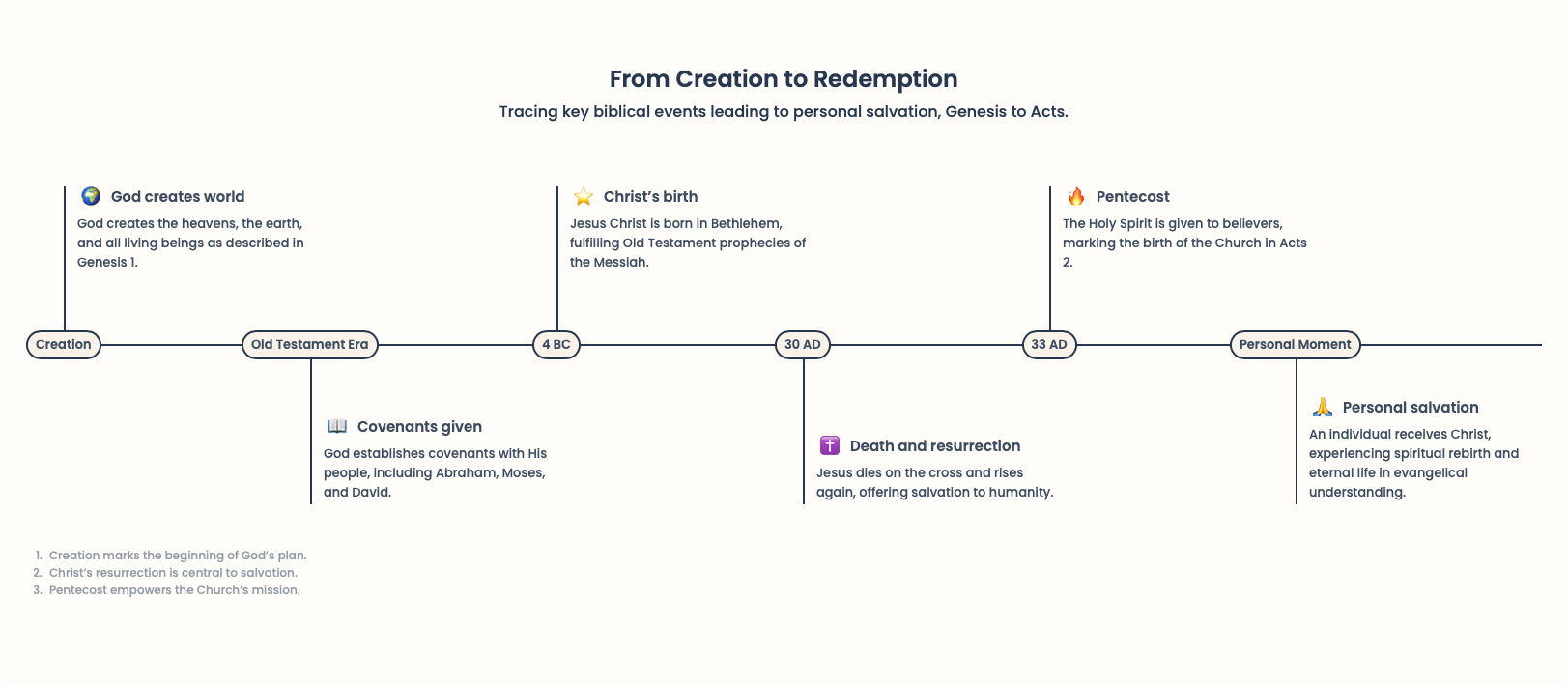Author: Vince
-

The Burden of Experience and the Simplicity of Faith
The tragedy of our day is that the simple gospel has been increasingly overshadowed by a pernicious emphasis on subjective experience. I have already observed that this error has led to confusion and doubt, particularly concerning the question of baptism and the assurance of salvation. Yet the problem is even broader. It affects the very…
-

A Quick Clarification about Election and Predestination
In discussions on salvation, theology often gets tangled in complex interpretations—especially around the terms election and predestination. These words, frequently assumed to be interchangeable and linked to salvation, are often misunderstood. This article aims to be an introductory clarification about what Scripture truly teaches about these concepts, contrasting them with the common Calvinist and Arminian…
-

The Invention of Spiritual Death as Separation from God
The idea that Scripture speaks of a “spiritual death” that refers to “separation from God” has become a virtual axiom in popular Christian theology. Whether one consults a catechism, a children’s Bible, or a systematic theology, the refrain is consistent: death is not the cessation of life, but the rupture of relationship. This notion undergirds…
-

Why Believe the Bible?
I was born and raised in Naples, Italy, within a mildly cultural Catholic context. Growing up, I developed a deep appreciation for mathematics and science, which naturally led me to study computer science at university. My scientific background was never a significant obstacle to faith; rather, I recall being strongly convinced of seeing clear evidence…
-

Don’t look at me, look at Christ!
Reassessing the role of personal testimony for evangelism and personal growth. In contemporary evangelical culture, the use of personal testimony in evangelism has become so commonplace that few pause to consider its theological implications. It is almost assumed that in order to effectively communicate the gospel, one must tell their story—what they used to be…
-

Biblical Principles for a United and Effective Church
One of the greatest threats to a thriving and fruitful ministry is jealousy and pride. These sins do not merely affect individuals; they weaken the church, causing division, strife, and spiritual stagnation. Pride goes before destruction, and a haughty spirit before a fall (Pr 16:18) A heart at peace gives life to the body, but…
-

Jacob: Righteous Man or Trickster?
For centuries, Jacob has been popularly characterised as a trickster, a deceiver who manipulated his way into receiving God’s blessings. Many sermons and commentaries depict him as an opportunist who exploited his brother Esau’s weakness and deceived his father Isaac. However, a closer examination of the biblical text challenges this portrayal. Jacob was not a…
-
Of Universalism, Death, and The Necessity of Faith
In a recent theological discussion, I engaged with a universalist apologist, so to explore fundamental questions about salvation, faith, and eternal destiny. The exchange is of particular interest for me, because I do not approach universalism from a traditionalist point of view such as Eternal Conscious Torment (ECT), but I do so as a conditionalist.…
-

Believing is Not the Same as Understanding
The inspiration for this article came from a line spoken by actor Jonathan Roumie, who plays Jesus in the third episode of the third season of The Chosen, titled “Physician, Heal Yourself.” This moment is part of the show’s creative expansion of the scene at the synagogue in Nazareth, where Jesus reads from the scroll…
-
Rules or Love? What’s true Christian testimony?
Pardon the roughness of this message. This actually started with Vince trying to take some vocal notes for an article, and ended up being more of a half-sermon. Eventually decided it was worth sharing as-is, and spent a few minutes adding related scriptures on video.
